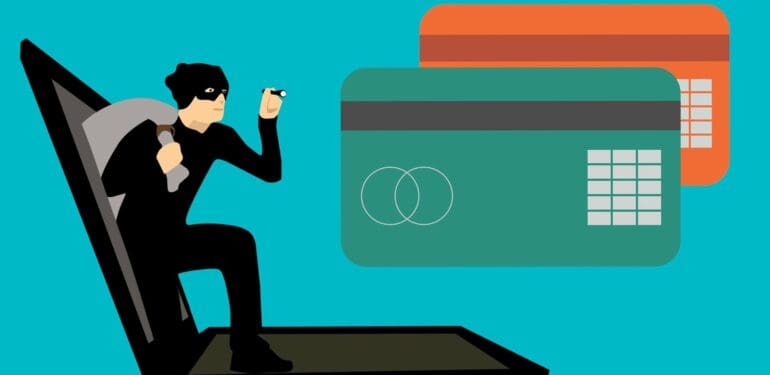Identity theft is a serious crime that can affect your credit, finances, and relationships. Identity thieves can steal your identity by hacking into your computer or obtaining information from somewhere you have inquired (like a bank). Once they get your personal information, they can make purchases in your name, take out loans, open new accounts in your name, or even file for bankruptcy.
There are some steps you can take to protect yourself from becoming a victim of identity theft. Here are some tips on protecting yourself if someone gets hold of your personal information and starts using it to cause problems for you.
Image by mohamed Hassan
Use an identity protection service to prevent further damage.
While there are many ways to prevent identity theft, it isn’t easy to be vigilant all the time on your own. Using an identity theft prevention service will help. Identity theft prevention services will contact you if someone attempts to use your Social Security number or any other number, such as a bank account number or your birth date, that doesn’t belong to you.
Identity theft prevention services may also help you monitor your credit reports for fraud and dispute questionable activity. You can check out this useful, in-depth article from IdentityGuard on how to prevent identity theft.
Immediately file claims and notify your insurance company.
One of your first calls should be to your insurance companies or human resources department. This is an essential step, but not all people file claims, even when they know that they have been victims of identity theft. Identity theft insurance is designed to cover the financial costs related to identity theft.
Understand that Identity Theft Protection is the most basic type of protection offered by most credit reporting bureaus and is provided for free. The fees for coverage may increase based on the complexity of your identity theft problem, but the price of services is sometimes held down when fraud cases are the most severe.
Contact the credit agencies and place a fraud alert.
Now is the moment to contact the three main credit agencies (Experian, Equifax, and TransUnion) and request a fraud alert be placed on your account. The fraud warning stays on your credit record for a year and alerts every institution that checks your credit report that your identity may have been compromised.
You need to seek a fraud notice from one of the credit bureaus, and that company will tell the other two. The creditor will scrutinise the applicant to ensure that it is you. Requesting a fraud alert is completely free.
Review past accounts for suspicious activity you missed.
If you missed a large transaction, they’re going to want to know why you didn’t notice, and if you can’t give a good answer, they’re going to want to talk to you. Take responsibility for your security and be honest about what you’re doing or what you did that could’ve allowed someone to access your account.
Banks have become increasingly wary of chargeback frauds that consumers initiate in the hopes of gaining something for free. Be ready for a bit of scepticism, depending on the circumstances.
This includes any unfamiliar accounts, whether the result of identity theft or fraud. As a result of the legislation, each credit reporting company is required to give you at least one free credit report each year.
However, it is critical to monitor your credit reports regularly. Your personal information might be sold on the dark web. That is, if you are a victim of identity theft fraud, it is possible that it may happen again in the future.
Ask the CRAs to block fraudulent charges in your credit report.
If you feel you have been a victim of identity theft, you have the right to request that any information in your file be removed.
A fraudster may make unauthorised transactions in your name. If you do not request that the credit agencies delete this information from their systems, your credit report will remain damaged.
Identity theft can have a lasting impact on your credit score. It can lower your credit score by as much as a full letter grade in the FICO formula, and it may take months or even years to repair this damage. You can protect yourself from identity theft by being vigilant about checking your credit report regularly.


